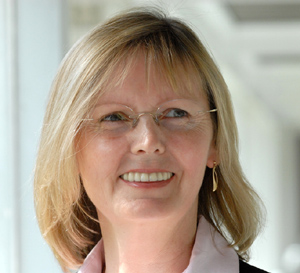
Abstract: This talk concentrates on our efforts over the years to make the harvesting of relevant data from mobile devices accurate and efficient, to allow on device data interpretation and to produce models able to interpret the data so that it can be exploited for a wide range of applications. In this sense I will describe specifics of our work which range from fitting mobile sensing inference on devices and how we are able to exploit local device heterogeneous computation resources efficiently to data analytics for mobile health and urban computing. I will discuss challenges and opportunities of the field throughout the talk.
Speaker Bio: Cecilia Mascolo is a mother of a teenage daughter. She is also Full Professor of Mobile Systems in the Computer Laboratory, University of Cambridge, UK, a Fellow of Jesus College Cambridge and a Faculty Fellow at the Alan Turing Institute for Data Science in London. Prior joining Cambridge in 2008, she has been a faculty member in the Department of Computer Science at University College London. She holds a PhD from the University of Bologna. Her research interests are in human mobility modelling, mobile and sensor systems and networking and spatio-temporal data analysis. She has published in a number of top tier conferences and journals in the area and her investigator experience spans projects funded by Research Councils and industry. She has received numerous best paper awards and in 2016 was listed in “10 Women in Networking /Communications You Should Know”. She has served as steering, organizing and programme committee member of mobile, sensor systems, networking, data science conferences and workshops. She has delivered a number of keynote talks at conferences and workshops in the area of mobility, data science, pervasive computing and systems. She is Associate Editor in Chief for IEEE Pervasive Computing and sits on the editorial boards of IEEE Transactions on Mobile Computing, ACM Transactions on Sensor Networks and ACM Transactions on Interactive, Mobile, Wearable and Ubiquitous Technologies. More details at www.cl.cam.ac.uk/users/cm542.
Event details
- When: 30th January 2018 14:00 - 15:00
- Where: Cole 1.33a










